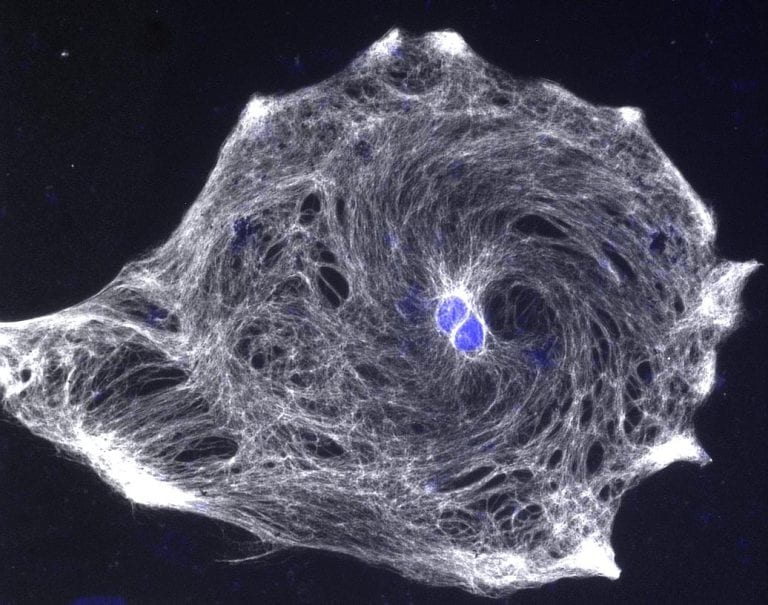Viktor Hamburger Distinguished Professor of Biology; Director, St. Louis Neuroscience Pipeline Program
Research Interests
My laboratory studies the cellular and molecular basis of circadian rhythms in mammals. His group uses techniques that include planar electrode arrays, cellular imaging, and genetic manipulations.
Biological clocks that drive near 24-hour rhythms in behavior and physiology have been found in a wide variety of organisms and cell types.
We study the cellular and molecular basis of these circadian rhythms in mammals using techniques that include planar electrode arrays, cellular imaging and genetic manipulations (i.e. mutants, knockouts, and transgenics). This approach is producing insight into the roles of specific molecules, cells, and tissues in the rich repertoire of daily behaviors. In mammals, the suprachiasmatic nucleus (SCN) of the hypothalamus is the master circadian pacemaker. This brain region continues to keep daily time when cultured. We are now asking which cells generate this rhymicity, how do they synchronize to one another, and what makes them unique in their ability to keep time?
Professional Education
- BA: Biology and Spanish, Duke University, 1987
- PhD: Neuroscience, Syracuse University, 1994
- Postdoctoral Fellow: University of Virginia, 1998
Affiliations
- Neuroscience
- Biology
- Hope Center for Neurological Disorders
- Neurogenetics and Transcriptomics
NEED PUB LINK, Can’t find on Profiles.wustl.edu

Herzog Lab
Astrocyte regulation of daily behaviors.
PI: Erik Herzog, PhD
